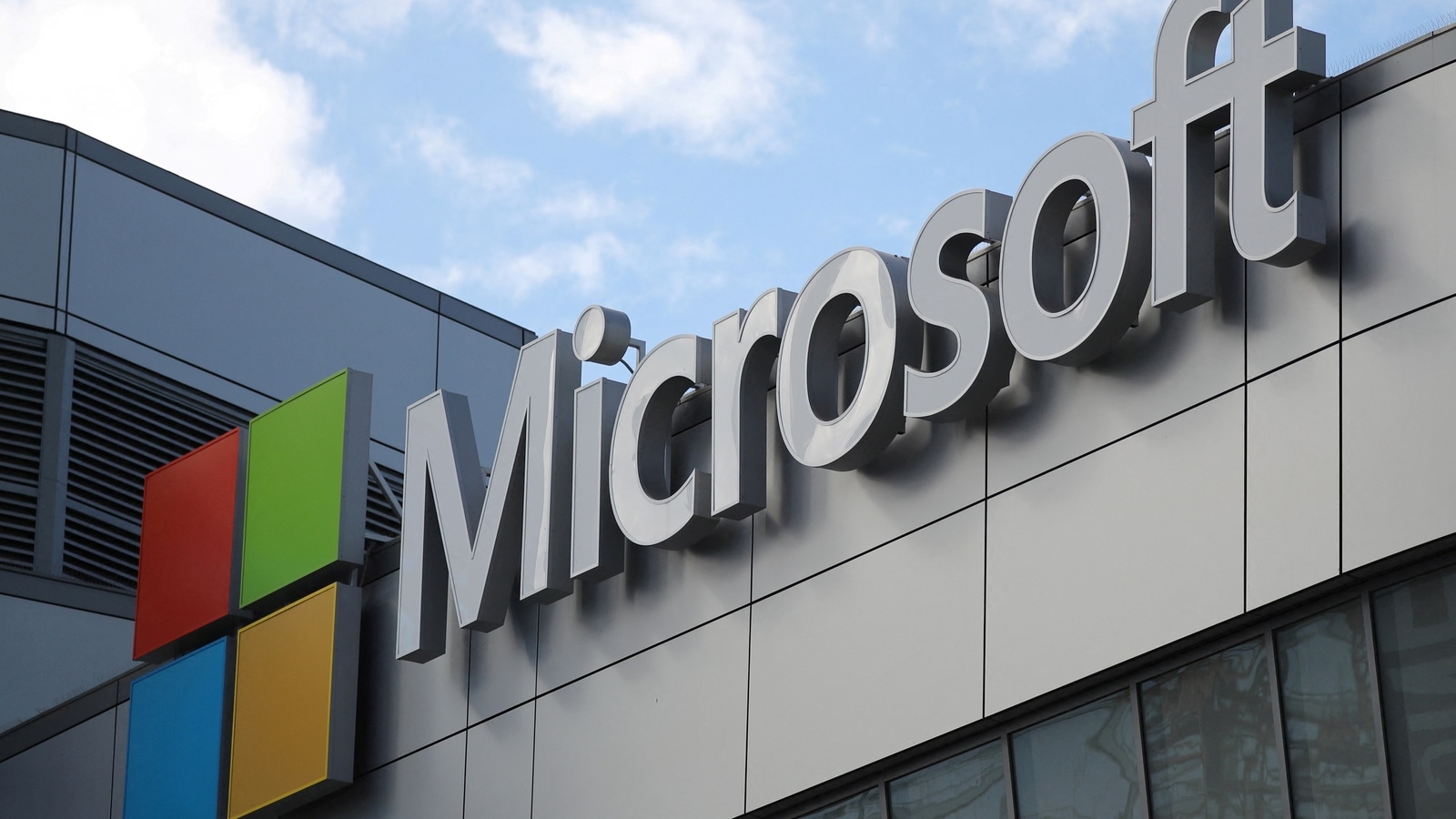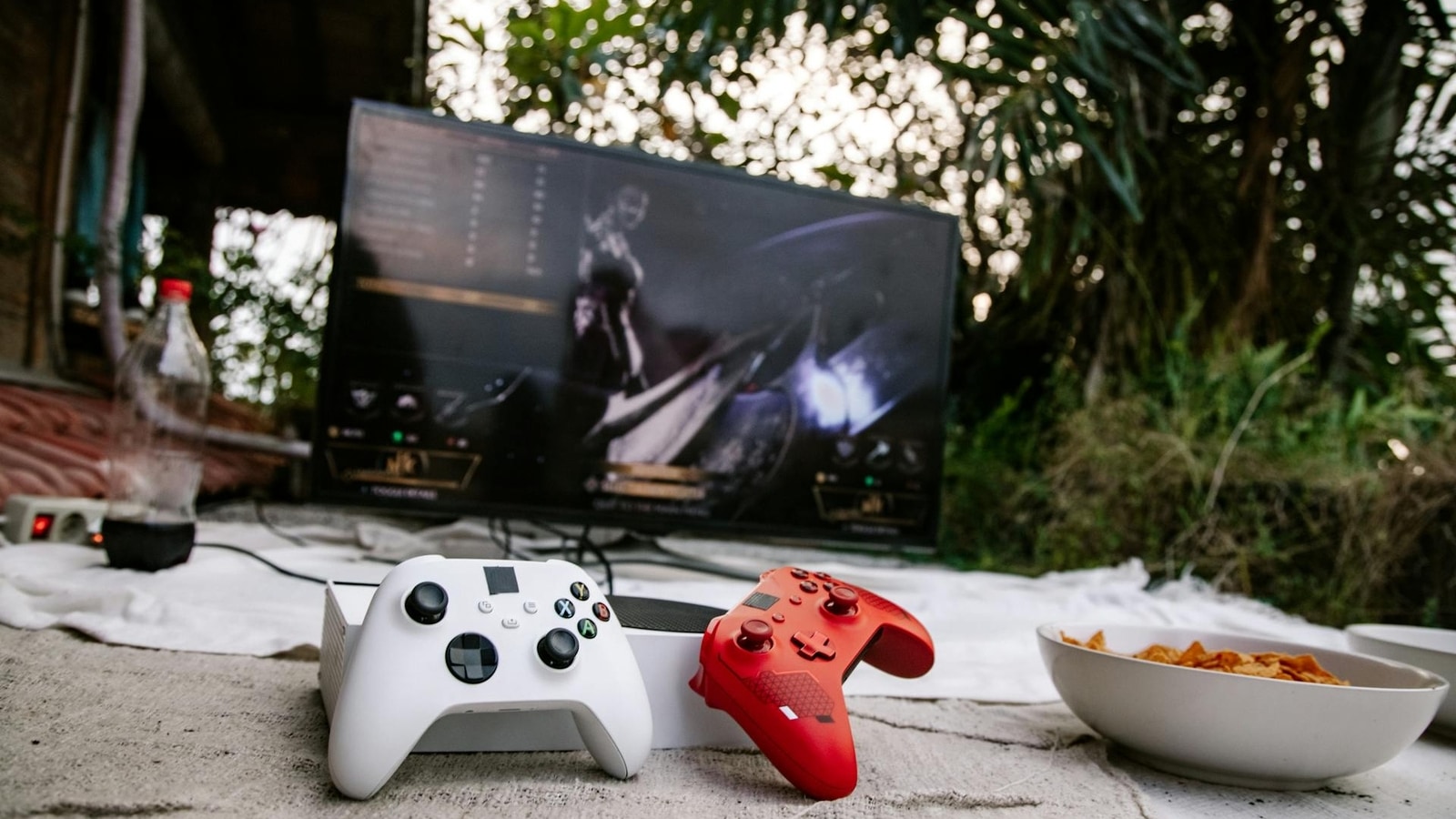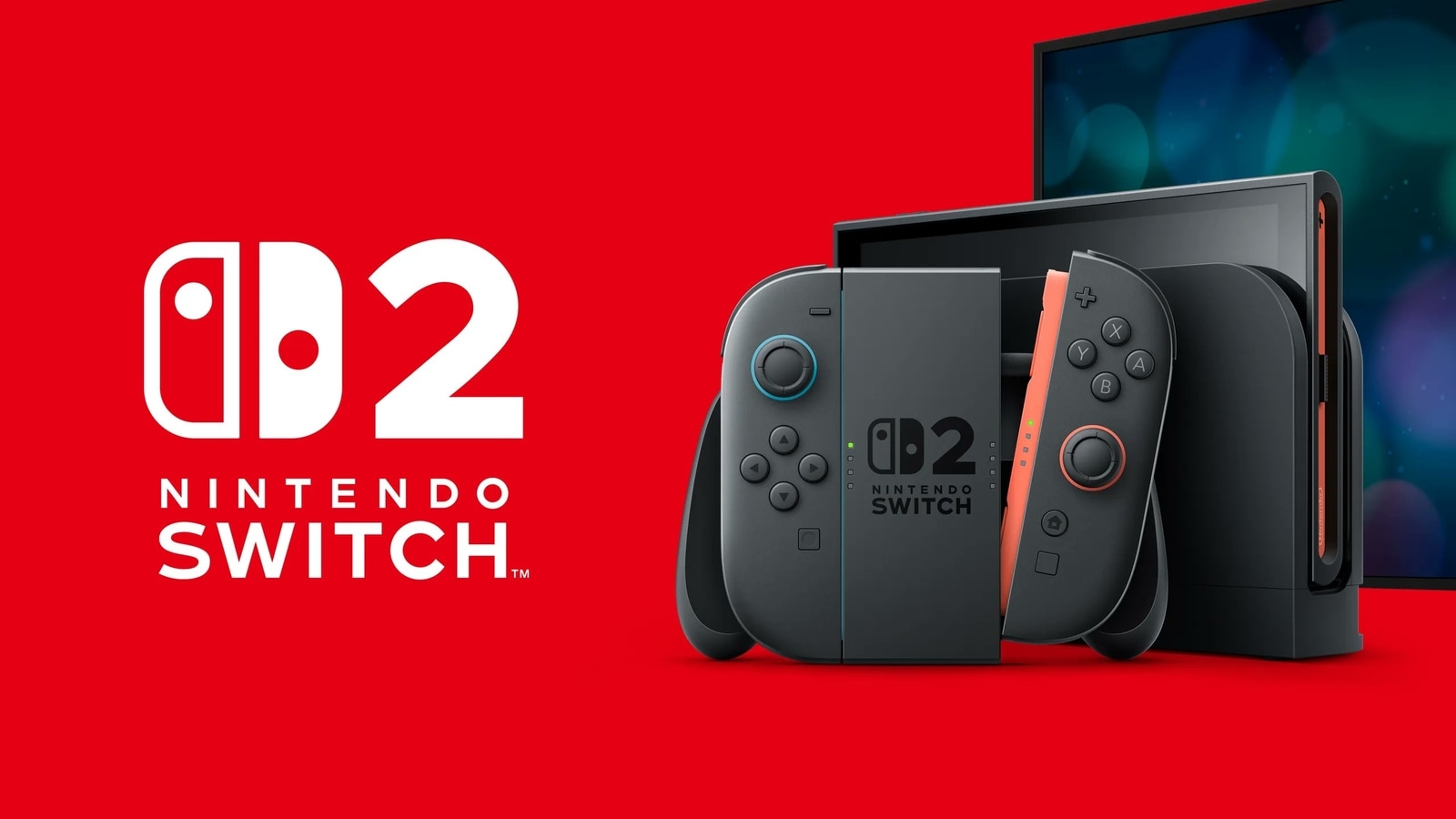Microsoft Corp.’s purchase of Activision Blizzard Inc. is bogged down, yet some traders are betting the deal ultimately will go through.
Microsoft Corp. ‘s purchase of Activision Blizzard Inc. is bogged down, yet some traders are betting the deal ultimately will go through. If they’re right, there’s serious money to be made, given that the videogame company’s shares are still almost 20% below the offer price.
Stricter US antitrust regulators, the series of international approvals needed, a broad slump in technology stocks and the size of the $69 billion deal have all contributed to keep the gap between Activision’s price and Microsoft’s $95-a-share bid stubbornly wide. That’s made it one of the most potentially lucrative opportunities for arbitrageurs who speculate on acquisitions.
The heightened attention that US regulators are paying to big companies, especially in technology, has resulted in a longer period between when a deal is announced and when it finally goes through, raising the risk of a transaction falling apart.
“Given the deal’s sheer size and heightened antitrust scrutiny towards big tech players, that’s ultimately causing the very large spread,” said Julian Klymochko, chief investment officer at Accelerate Financial Technologies Inc.
Microsoft announced the Activision acquisition in January and has said it expects to complete it in the year ending June 30, 2023. And Broadcom Inc. has said it aims to wrap up its $61 billion takeover of VMware Inc., announced in May, by October 2023.
Averaged annualized US deal spreads, which offer a gauge of the risk of transactions collapsing, have jumped above 15% from about 10% at the beginning of the year, according to data from Susquehanna International Group. That came amid rising fears of deal collapse or repricing, and higher costs to carry risky positions.
To be sure, one of the widest arbitrage spreads in technology mergers has nothing to do with regulatory hurdles.
Elon Musk is trying to walk away from his $44 billion acquisition of Twitter Inc., and the company is suing him to force completion of the deal. Twitter shares are trading at $41 versus the deal price of $54.20, offering a 32% gain if the transaction goes through as agreed.
Under the stewardship of Lina Khan, the Federal Trade Commission has already sued to block two major takeovers. She’s advocated for a more forceful approach to reviewing large technology deals, arguing that companies in the industry can use their dominance in one line of business to gain power in other markets.
The slump in the tech sector also hasn’t helped with deal spreads. The Nasdaq 100 Index is down 19% this year, forcing investors to price in a greater downside risk to Activision shares if the deal falls apart, Klymochko said.
Given the length of time until the expected closing of the Activision purchase, the stock has to endure higher volatility for at least a few more quarters tied to company-specific newsflow and general market performance.
However, there is “a relatively strong consensus that this deal should go through,” said Cabot Henderson, a market strategist at Jonestrading. Wall Street seems to agree, with 26 of the 32 analysts covering the stock pegging their 12-month price target at $95 or more.
And investor Warren Buffett has bought a stake of about 9.5% in Activision in a merger arbitrage bet. The 91-year-old billionaire has about seven decades of experience in arbitrage, including in technology companies: He bought shares of Red Hat Inc. before it was acquired by International Business Machines Corp. in 2019.
Last week, MoffettNathanson LLC analyst Clay Griffin upgraded Activision to outperform. “Though we’d push back on the notion that Microsoft will be closing on Activision any day now, we do see strong rationale for why it ultimately should,” he wrote.
Microsoft Corp.’s purchase of Activision Blizzard Inc. is bogged down, yet some traders are betting the deal ultimately will go through.
Microsoft Corp. ‘s purchase of Activision Blizzard Inc. is bogged down, yet some traders are betting the deal ultimately will go through. If they’re right, there’s serious money to be made, given that the videogame company’s shares are still almost 20% below the offer price.
Stricter US antitrust regulators, the series of international approvals needed, a broad slump in technology stocks and the size of the $69 billion deal have all contributed to keep the gap between Activision’s price and Microsoft’s $95-a-share bid stubbornly wide. That’s made it one of the most potentially lucrative opportunities for arbitrageurs who speculate on acquisitions.
The heightened attention that US regulators are paying to big companies, especially in technology, has resulted in a longer period between when a deal is announced and when it finally goes through, raising the risk of a transaction falling apart.
“Given the deal’s sheer size and heightened antitrust scrutiny towards big tech players, that’s ultimately causing the very large spread,” said Julian Klymochko, chief investment officer at Accelerate Financial Technologies Inc.
Microsoft announced the Activision acquisition in January and has said it expects to complete it in the year ending June 30, 2023. And Broadcom Inc. has said it aims to wrap up its $61 billion takeover of VMware Inc., announced in May, by October 2023.
Averaged annualized US deal spreads, which offer a gauge of the risk of transactions collapsing, have jumped above 15% from about 10% at the beginning of the year, according to data from Susquehanna International Group. That came amid rising fears of deal collapse or repricing, and higher costs to carry risky positions.
To be sure, one of the widest arbitrage spreads in technology mergers has nothing to do with regulatory hurdles.
Elon Musk is trying to walk away from his $44 billion acquisition of Twitter Inc., and the company is suing him to force completion of the deal. Twitter shares are trading at $41 versus the deal price of $54.20, offering a 32% gain if the transaction goes through as agreed.
Under the stewardship of Lina Khan, the Federal Trade Commission has already sued to block two major takeovers. She’s advocated for a more forceful approach to reviewing large technology deals, arguing that companies in the industry can use their dominance in one line of business to gain power in other markets.
The slump in the tech sector also hasn’t helped with deal spreads. The Nasdaq 100 Index is down 19% this year, forcing investors to price in a greater downside risk to Activision shares if the deal falls apart, Klymochko said.
Given the length of time until the expected closing of the Activision purchase, the stock has to endure higher volatility for at least a few more quarters tied to company-specific newsflow and general market performance.
However, there is “a relatively strong consensus that this deal should go through,” said Cabot Henderson, a market strategist at Jonestrading. Wall Street seems to agree, with 26 of the 32 analysts covering the stock pegging their 12-month price target at $95 or more.
And investor Warren Buffett has bought a stake of about 9.5% in Activision in a merger arbitrage bet. The 91-year-old billionaire has about seven decades of experience in arbitrage, including in technology companies: He bought shares of Red Hat Inc. before it was acquired by International Business Machines Corp. in 2019.
Last week, MoffettNathanson LLC analyst Clay Griffin upgraded Activision to outperform. “Though we’d push back on the notion that Microsoft will be closing on Activision any day now, we do see strong rationale for why it ultimately should,” he wrote.

























